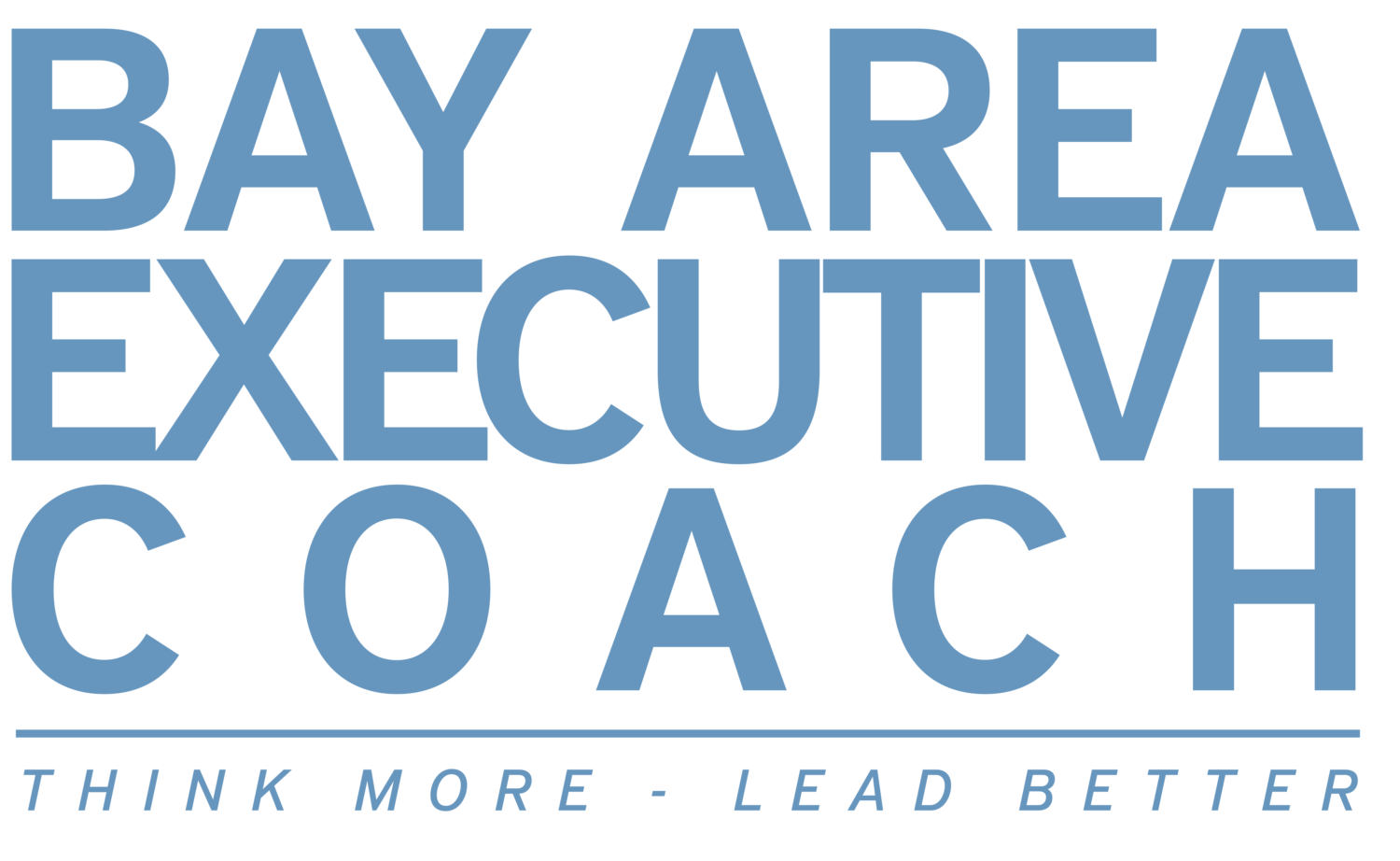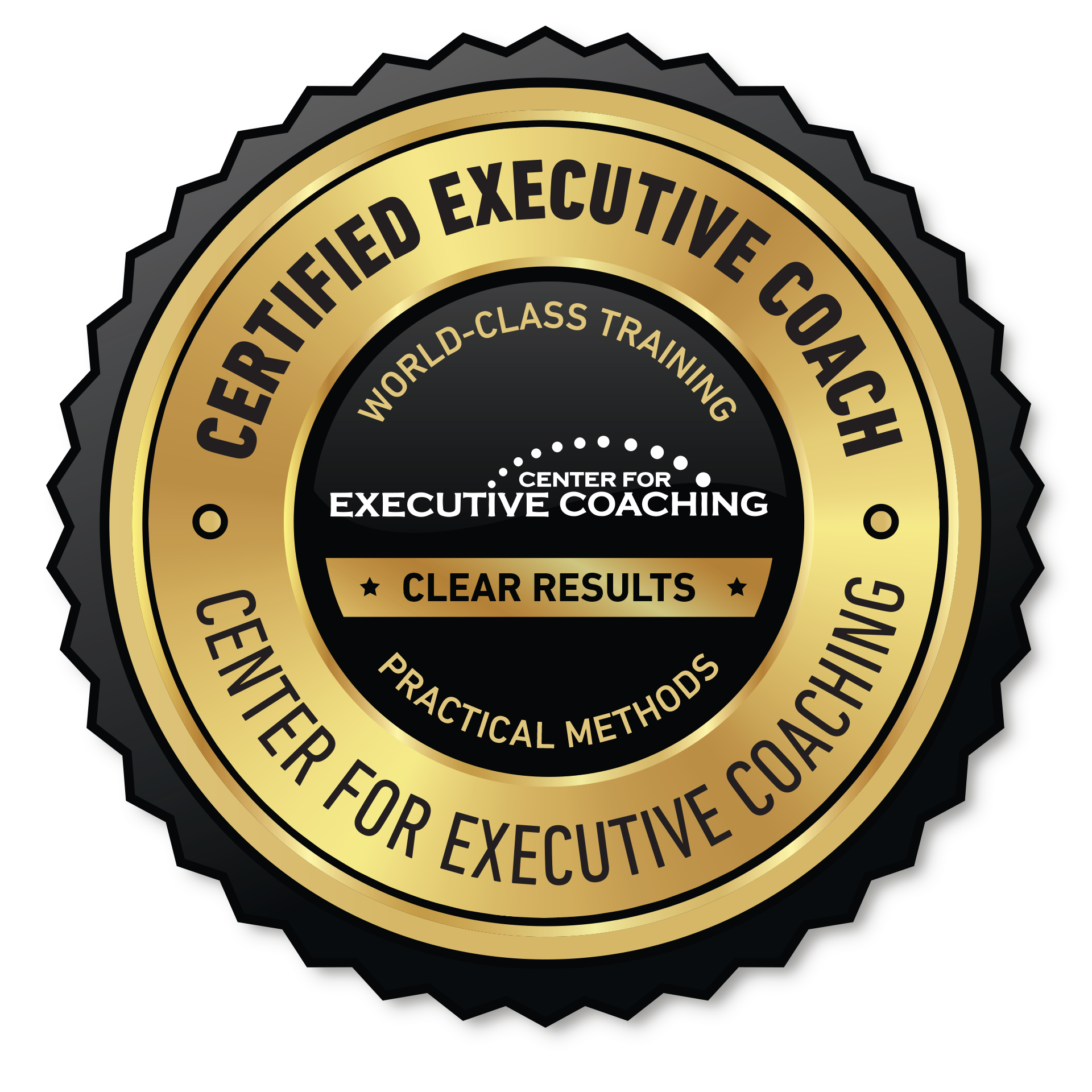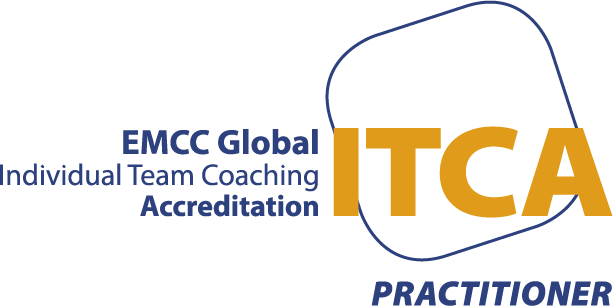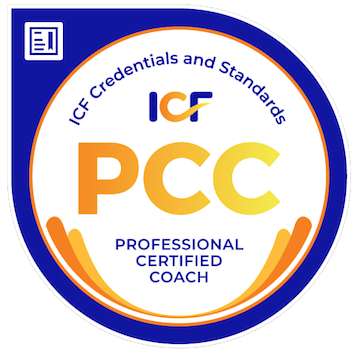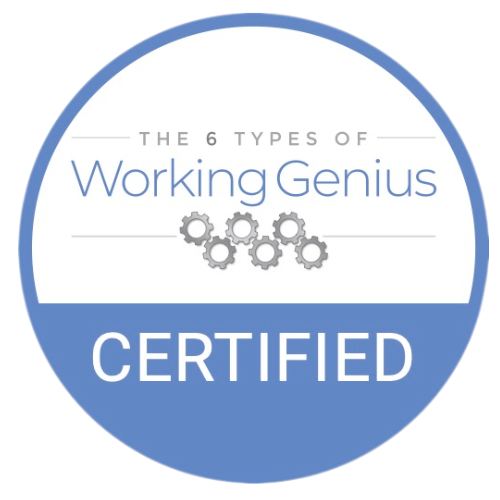- Streamline your product line: focus on the good, eliminate the bad.
When Mark Parker was installed as the new CEO at Nike in 2006, he called his friend Steve Jobs, the legendary CEO of Apple, for some advice on how to run his company. Steve told him: “Nike makes some of the best products in the world. I mean, absolutely beautiful, stunning products. But you also make a lot of junk. Get rid of the junk and focus on the good stuff.” Mark took that advice to heart and got rid of a number of products at Nike. He saw it as editing, and he said it was ultimately great advice.
Steve Jobs wasn’t just someone who gave great advice, he followed his own advice. When he returned to Apple in 1997, the company was in a desperate state, rapidly losing money and market share. Among the first steps Steve took as CEO was to greatly reduce the Apple product line to just the core products that worked well and sold well. And when the product line got smaller the products got better. The iMac was the start of Apple’s rebirth, followed by the game- changing iPhone and iPad. Apple’s offerings today remain simple and straightforward, and highly profitable.
A product line with way too many products makes for a business model that’s overly complicated. Uncomplicate your business life by carefully streamlining your product line.
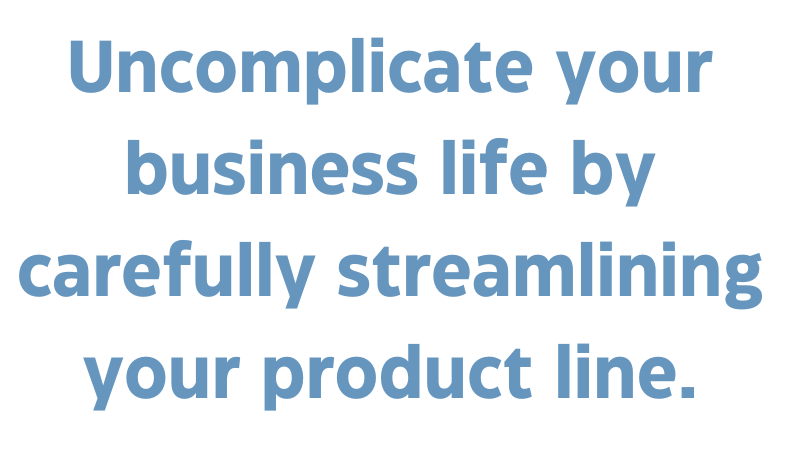
- Start, and stay, with simple
Distractions can lead you away from where you really want to go with your business. Stick to your main pathway forward without wandering down side alleys that often lead to dead ends. To illustrate this principle, let’s briefly look at two successful businesses committed to simple and straightforward business plans.
Pal’s Sudden Service is a quick service restaurant that started in 1956, mostly based in Tennessee with a few outlets in Virginia. Pal’s offers what’s called in the industry a “clean menu:” just a select group of food items on the menu. That keeps food costs down and it also makes it easier to train people on how to prepare and serve the items. They have an intense focus on quality and delivering lightning-fast service, as indicated by the company name “Sudden Service.”
They’re the only restaurant chain that’s won the Malcolm Baldrige Quality Award, and that’s because they care greatly about quality. They also train and mentor their people to a degree that their service error rate is much less than competitors.
This all translates to lower food costs, higher speed of service, greater customer satisfaction, with very few order remakes because the error rate is so low.
Furthermore, Pal’s Sudden Service only opens a new outlet when they have a leader who’s properly qualified and trained to go in and run that outlet. This stands in opposition to many businesses that expand their business first and then go out and look for leaders who may not be fully qualified and trained to run that business. 
Chipotle is another fast-food business that’s been stunningly successful by offering just a small core menu of burritos, tacos, and salads. This small menu reduces the number of ingredients needed on-hand, thus reducing the likelihood of waste. Furthermore, it means quick service with fewer ordering mistakes. Sound familiar? A small menu also means customers know exactly the experience they are seeking and anticipating when visiting a local Chipotle. It’s a win-win situation that’s made Chipotle one of the most successful quick service food chains in America.
Incidentally, have you noticed how complicated the menu of drinks at your local Starbucks has become? Might that complexity be a contributing factor to long wait times for ordering and then for drinks, which then turns off customers? Simple isn’t always the answer, but it is something to think deeply about.
- Have a singularity of mission and stay true to it.
This idea goes hand in hand with avoiding overly-complex decision making. Have a prime mission for your company and stay true to it. Here are two examples, one of what to do and the other of what not to do.
David Zaslav, who is currently the CEO of Warner Brothers, stated that his mission is to reinstate his company’s relationship with author J.K. Rowling, creator of Harry Potter. Warner Brothers experienced a weakened relationship with Rowling over the past few years and that really hurt the business. David realized if he focused on this goal and was able to strengthen that relationship and get it back to its former glory, it could have a great impact on Warner Brothers’ profitability going forward. As of this writing, it’s unclear how this clear and singular mission will go.
When you over-complicate your business, it could be hazardous to your health. Car rental giant Hertz made the decision in 2021 to ride the boom in electric vehicles (EVs) and committed to purchasing 100,000. They ended up buying far less than that.
While this move sounds progressive and environmentally friendly, there were several significant problems that followed the decision. One, Hertz didn’t factor in the specialized EV repair costs. Two, they didn’t anticipate that renters would have some trepidation about renting an electric car due to not being clear on how to charge it. And three, Tesla’s reductions in pricing on their cars affected the value of Hertz’s fleet.
By focusing on their previous mission of providing an unrivaled experience renting gasoline powered cars paired with their deep knowledge of car repairs, valuations and resale markets, they may have recovered nicely from pandemic lows. Instead, they have a new set of woes.
- Say “No” to most business offers.
This idea is based on advice legendary investor Warren Buffett shared with the general public about his decision-making process. He said, “The difference between successful people and really successful people is that really successful people say no to almost everything.” 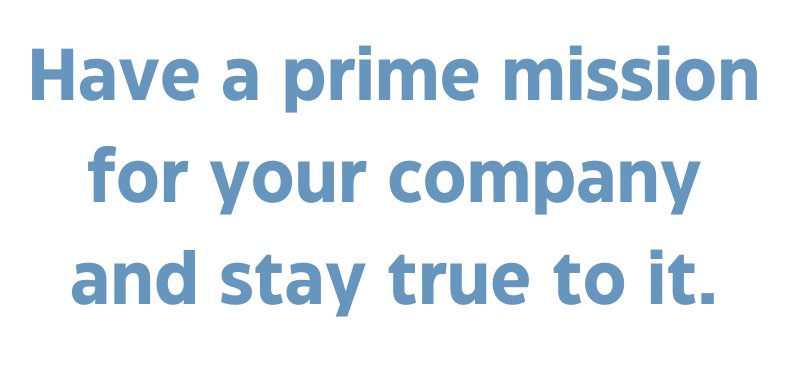
Buffett believes in having a simple uncomplicated life, personally and professionally. He knows that time is his most valuable asset, so he works to make the most of it. Buffett applies this principle by saying “no” to most of the opportunities that come his way. Saying yes would get in the way of one of his core practices, which is to focus his time and attention on the best opportunities.
We can all learn a lot from Warren Buffett, Steve Jobs and Mark Parker, and companies like Nike, Apple, Pal’s Sudden Service, and Chipotle.
Let’s seek to make our business not more complicated, not busier, not harder to manage, but simpler, easier, and less complicated. The benefits from doing so may include increased growth, profitability, and more personal and professional satisfaction.
••••
If you’d like to apply the power of focus, boundary setting, editing and more, why not consider working with an executive coach to help guide you to make clear decisions about how to go about it? We can work with your team as well. Request a meeting time through our calendar scheduler or complete our contact form.
Curious about how you can cultivate awareness of others as a business leader? Read our article here to learn about 8 ways to improve your awareness of others.
Here are more resources related to this topic
Articles:
- 6 Ways to Simplify Your Business Model
- Business Growth Tips from the Inc. 5000
- How Business Leaders Can Inspire Performance in their Employees
- Cultivating Awareness of Others as a Business Leader
- Businesses large and small embrace the new digital revolution
Guide:
Videos:
- How to Use Content To Build Your Coaching Business
- Improve Communication Using the “Three Levels of Conversation” in Your Business
- Delegate BETTER in Your Business!
Featured photo is from ©Ivan Samkov via Pexels.
